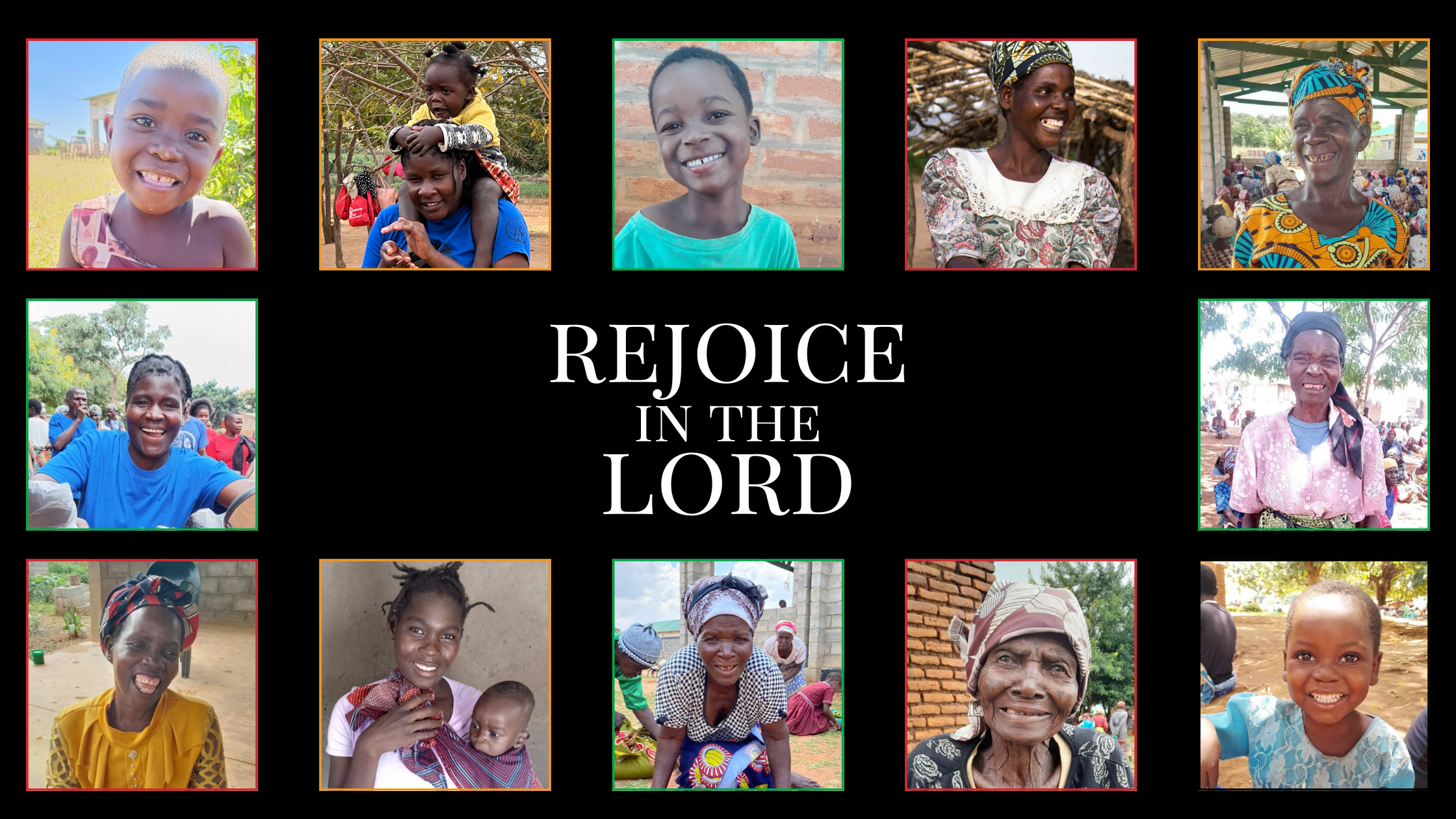August 21, 2024
St.Paul, who wrote several letters to churches he planted and to young leaders he appointed to pastor them, had two key messages that have stood the test of time. The foremost of the two was his gospel (in four points):
- Christ died
- Christ was buried
- Christ rose from the dead
- He appeared to many witnesses.
His 15th chapter of the first letter of Corinthians stresses the resurrection, “if Christ be not risen our faith is in vain”. Indeed, Christian faith is rooted in history. The tomb is empty.
The second was his quotation from the Old Testament prophet Habakkuk 2:4, “the just shall live by faith”. Paul would have read this in the Hebrew as, “the just (or righteous) shall live by his faithfulness”. This is a powerful spiritual principle as well as a profound life lesson.
The word faithful in Hebrew is emunah. Like most Hebrew nouns it has an accompanying visual image which, in this case, denotes a strong male adult holding a helpless infant. He will not let the little one fall. So when the Bible refers to God as faithful that imagery provides hope and security.
And when “faithful” is applied to us it means we continually “show up for work” and stick to it regardless of how tired, bored, or discouraged we may be that day.
Faithfulness is the key building block for a life of meaning. It’s the one thing the Lord cannot resist. All He can do with faithfulness is bless it.








